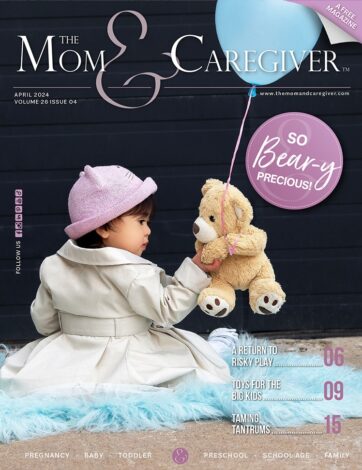A Parent’s Guide to Speech Sound Development
When babies babble, they are practicing how to make different sounds that will eventually become words. You will hear sounds that are made by the lips, such as /b/, /p/, /m/ and /w/. These are the first sounds that typically develop by the age of 2 years, and lead to words such as “mama”, “more”, “baby”, “ball” and “bubbles”. At this age, we expect that parents will understand most of what their toddler is saying. Parents tend to be tuned into their child’s sounds and can use the context and experiences with the child to interpret the child’s conversation.
Speech By Age
By three years of age, your toddler should be adding sounds such as /t/ and /d/ for “daddy” and “toys”, /k/ and /g/ for “cookies”, “keys” and “go”, and /f/ for “fish” and “fun”. It is anticipated that as the child’s speech sounds develop, that others will be able to understand what the child is saying. Grandparents and family friends should be able to enjoy conversations with children at this age.
By the ages of four and five children are heading to school, and should have mastery over the sounds that will allow their connected speech to be understood by their peers and teachers. By the age of five, it is expected that children will be using sounds such as /s/, /sh/, /ch/, /j/ and /l/.
The last sounds that typically develop are /r/ and /th/ and any blends with two sounds that combine such as /fl/, /st/, /tr/. It is expected that children should be able to produce all of the speech sounds in the English language by the age of 7 years.
Speech Challenges
When children have difficulty making speech sounds, it can be related to hearing difficulties due to ear infections, motor speech difficulties such as tongue movement and sequencing of those movements in connected speech. Speech sound delays can impact a child’s confidence and willingness to talk with others and participate in class discussions. Additionally, a delay in speech sound development can impact the development of early literacy skills, as children will have difficulty associating the appropriate letter and sound connections for reading and spelling. Early assessment and intervention with a speech-language pathologist can reduce speech sound difficulties and will foster the development of positive academic and social skills.
Should you have any questions about your child’s speech, language and literacy development, please give us a call to discuss your concerns. We are offering in-person and virtual speech-language pathology services at this time.
Elizabeth Skirving, M.S., M.Ed., Reg. CASLPO
Speech-Language Pathologist
Fern Speech and Language Services














